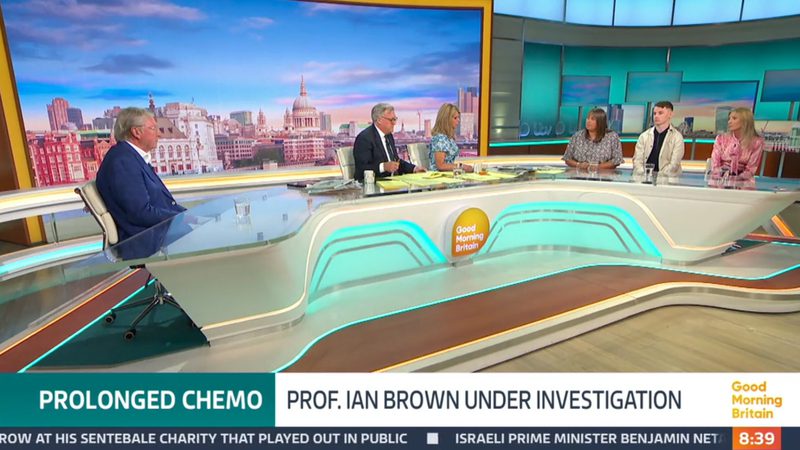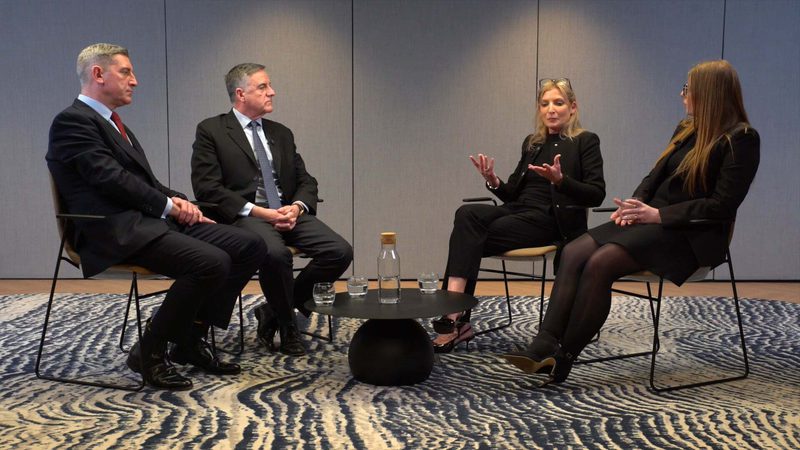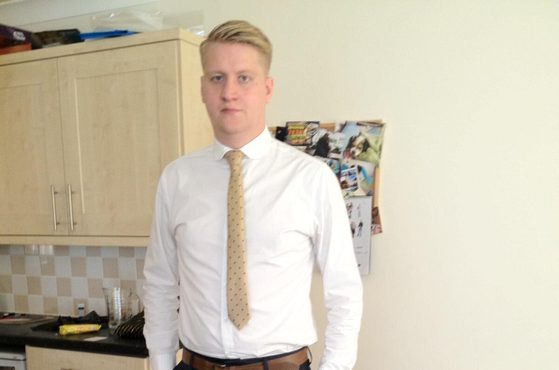When investigating your case, we are not only making sure that your recollection of events ties in with what is set out in your medical records, but also considering whether the legal aspects of breach of duty of care and causation can be established.
Your medical records are important in that they are contemporaneous — meaning that they are written at the time (or as near to the time as possible) that events occur when no-one is contemplating a claim against them.
From here, we are looking to establish whether a breach of duty has arisen. A breach of duty can arise on many levels in a healthcare setting. The test of whether a healthcare professional has breached their duty of care owed to a patient is whether he or she has failed to meet the standards of a reasonable body of practitioners also skilled in that field of medicine. However, it is not enough just to establish a breach of duty — it must also be proven (on the balance of probability) that as a result, injury was caused. This is known as medical causation.
It is our role as lawyers to consider these aspects when reviewing your records. We will update you following our review and let you know whether we are going to take your case forward. If the records support your claim, we will move to Stage 2. Alternatively, if — after reviewing your records — we do not consider there are sufficient prospects to continue, we will advise you of the reasons why and proceed to close our file of papers.
Stage 1 — receiving medical records
Stage 1 usually takes between one to four months, but sometimes longer if there is any hold up in receiving medical records or if, once received, further records that may bear relevance to your case are thought to be missing or yet to be requested.
Stage 2 — instructing a medical expert
If the records support your case, we will look to approach an independent medical expert in the field of medicine where you believe there has been negligence. We need an expert to support your case.
Initially, we may seek a steer from an expert first by sending them an overview of your case and asking whether they think it is worth pursuing — and if so, whether they will accept instructions.
We work with many experts who are highly experienced and well regarded in what they do. This provides you with added assurance of the thorough nature in which we will work on your case.
If breach of duty and/or causation appear to be fairly straightforward, we may at this stage write to the Defendant, setting out details of your claim in a Letter of Notification. This gives the Defendant an opportunity to investigate your case early on and make early admissions of liability. It can also save costs on both sides in the long run.
If we remain confident in your case, prior to instructing an expert we will arrange for your medical records to be organised into a paginated core medical bundle. Pagination of records allows everyone involved in your case to navigate the medical evidence with ease.
Depending on what has gone on, we may need input from more than one expert. For example, if you are alleging that your GP has breached their duty of care by failing to make a diagnosis or delaying a referral for you (which has caused your outcome to be worse), we would first need an independent report from a GP expert. If they are supportive, we would then need a report from an expert in the field of medicine where you ultimately received your diagnosis to report on causation. They may also be instructed to report on how the breach of duty has impacted your current condition and prognosis. The initial report may take between two to four months to receive. This is generally because independent medical experts who report on medico-legal cases also work in the healthcare setting of their discipline. This is an important aspect because you want an expert who works with current standards and practice to be able to consider the standard of reasonable competence that they have been instructed to provide an opinion on. We will ensure before instructing any expert that there is no conflict of interest.
Timescales to obtain and receive further reports will largely depend on your ongoing symptoms (if any) and whether further updated medical records may be needed.
If the expert evidence on breach of duty of care and causation is supportive, we will proceed to Stage 2. Alternatively, if the expert(s) don’t support your case, we will advise you of the reasons why, take your instructions and may proceed to close your file of papers.
Stage 3 — Letter of Claim
Once we have supportive medical expert evidence in relation to breach of duty of care and causation, we will be ready to formally write to the Defendant with a Letter of Claim. This is the process followed in the Pre-Action Protocol for Clinical Negligence. The Letter of Claim sets out the background of your case in detail, together with the allegations of breach of duty of care and causation. We will also set out what the claim consists of in relation to general and special damages, the estimated value of your case and how it is funded. These are all requirements of the Pre-Action Protocol. Under the Protocol, the Defendant has 21 days to acknowledge receipt and four months to investigate your case. After that time, they must formally respond either with admissions of liability or a denial with reasons why.
During this period, depending on the strength of our expert evidence, we may instruct and obtain further expert evidence to consider your condition and prognosis (how you are currently and when you may likely recover from your symptoms and to what extent). Updated medical records may be requested if you are receiving ongoing treatment. However, sometimes we may wait to obtain this further evidence because we want to see the Defendant’s response or because you are undergoing treatment which can only be assessed further once complete.
Obtaining this evidence will help us to continue to consider the likely value of your case.
Once we receive the Defendant’s Letter of Response, we will review the same and advise you on next steps. If the Defendant admits liability, we will look at the potential valuation of your case. They may admit in whole or in part and put you to proof in relation to the injuries or losses claimed.
If the Defendant denies liability, we will consider this further with you and likely with the expert(s) instructed. This allows us to see whether they maintain their initial opinion. Sometimes, it might be appropriate to have a conference with the expert (usually by telephone). At this stage, we will also instruct a barrister specialised in medical negligence to look over the case and evidence and ask relevant questions to the expert in order to consider the strength of the case. Barristers play an important role here because they have a lot of experience of how evidence is considered in court and can assist in risk assessing the case. You will be part of the process of discussing your case with the expert(s) and barrister. We will be involved with you throughout to guide you through and put you at ease. This is a fairly informal process.
If the expert remains supportive of your case, we will value your case so far as possible and following your instructions put forward an offer for the defendant to settle your case. We may have to make an offer that reflects the risks in your case, which will be highlighted by the Defendant’s response and the expert’s comments.
The Defendant may either agree to accept the offer or negotiate a counter-offer.
If an offer is accepted, you will receive your compensation within 14 to 21 days. We will arrange to prepare a bill of the costs we have incurred, which will be sent to the Defendant.
If an offer is not accepted, based on the strengths of your case we will advise you on the process of issuing and serving court proceedings.
Issuing and serving proceedings does not mean that the case will go to court or trial. In fact, very few cases end up in a courtroom. This is because the claim must eventually either be discontinued based on emerging evidence throughout the case or because the Defendant appreciates a risk aspect of losing if they go to trial and therefore settle the case.
If we do advise that the case be issued and served, it is because the expert(s) on board continue to support it and a barrister advises that it is worth continuing. The barrister will be asked to draft the pleadings of your case (similar to the Letter of Claim) called Particulars of Claim and a Schedule of Loss. Once served, the Defendant must draft a Defence (similar to the Letter of Response).
The case will then proceed through a court timetable of directions, where various evidence is disclosed over time. This presents a number of opportunities for both sides to continually evaluate the strengths and weaknesses of their cases to determine whether settlement should and can be achieved, or if it will go to trial.
Once court proceedings commence, the case can take up to 12 months before it either settles or goes to court.
In the rare eventuality that the case does go to court, it is up to a Judge on the day to determine whose evidence they prefer to find in favour of.









